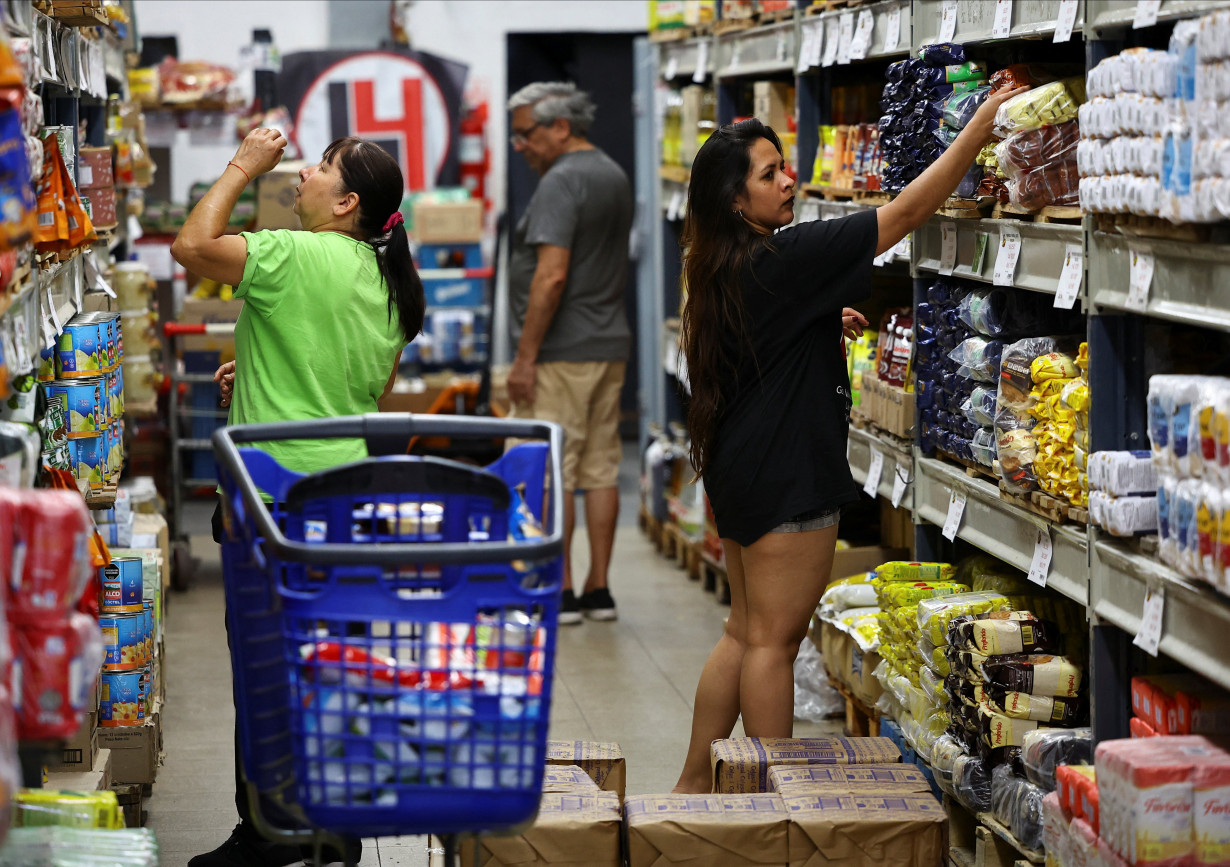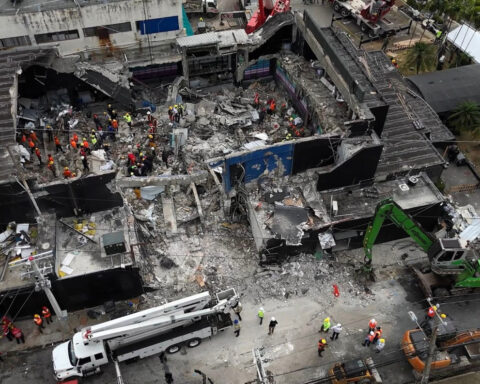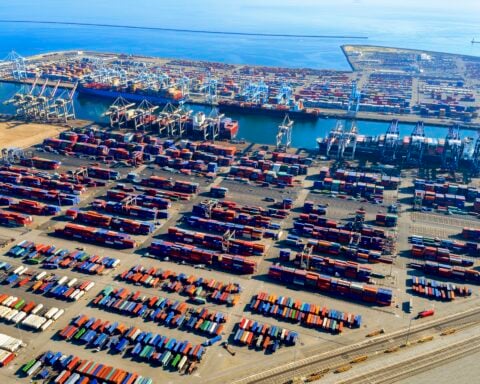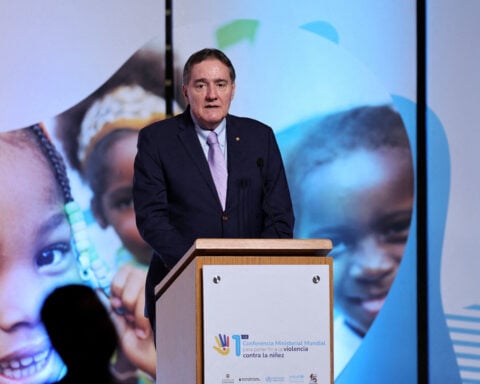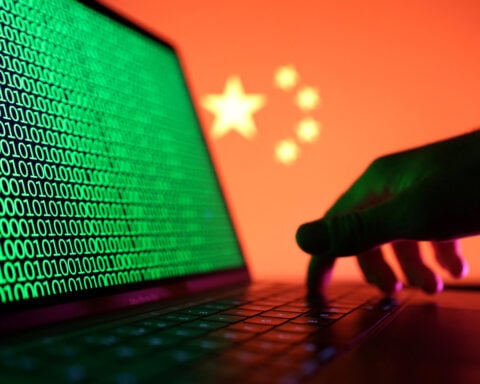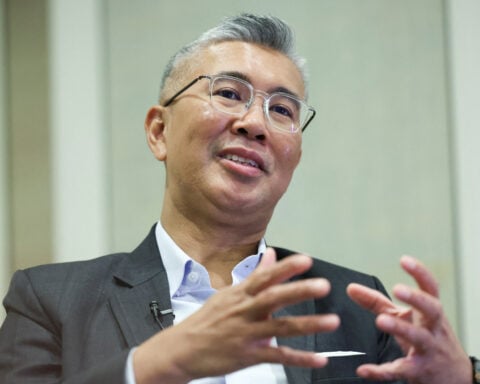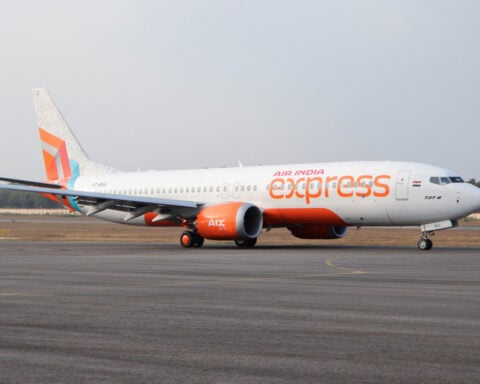By Hernan Nessi
BUENOS AIRES (Reuters) - Argentina's monthly inflation rate likely sped up to 2.6% in March, marking the second consecutive month on the rise, a median of analysts polled by Reuters showed on Wednesday.
If that figure is confirmed in official data published on Friday, it would put the government further from its goal of bringing the monthly rate down to 1%.
Despite a slowed rate in the monthly devaluation of the peso currency, known as the crawling peg, and a curb in spending on utilities, "the monthly inflation rate still hasn't broken the long-awaited 2% barrier," consulting firm Eco Go said in a report.
The range of the estimates from the 19 local and foreign analysts varied from 2.3% to 2.9%, with the average pegging the monthly rise at 2.6%.
The education, transportation and food sectors likely logged the highest price increases in the month, analysts said.
"The seasonality of the month, which marks the end of (the Southern Hemisphere) summer and the return to classes, implies higher rises in sectors like education," Eco Go added.
Further uncertainty comes from abroad, with a global trade war threatening to erupt, along with market expectations of a $20 billion loan deal with the International Monetary Fund (IMF). That will likely translate into higher prices in coming months, analysts added.
Locally, "potential changes to the exchange-rate policy amid upcoming elections add tension to prices" as well, said economist Pablo Besmedrisnik.
"On top of the domestic reality and the IMF negotiations, the global outlook is fragile with pressure to devalue emerging currencies," he added.
Argentina's National Statistics Institute is set to publish March's inflation data on Friday at 1900 GMT.
(Reporting by Hernan Nessi; Writing by Kylie Madry; Editing by Marguerita Choy)

 Trump has begun another trade war. Here's a timeline of how we got here
Trump has begun another trade war. Here's a timeline of how we got here
 Canada's leader laments lost friendship with US in town that sheltered stranded Americans after 9/11
Canada's leader laments lost friendship with US in town that sheltered stranded Americans after 9/11
 Chinese EV giant BYD's fourth-quarter profit leaps 73%
Chinese EV giant BYD's fourth-quarter profit leaps 73%
 You're an American in another land? Prepare to talk about the why and how of Trump 2.0
You're an American in another land? Prepare to talk about the why and how of Trump 2.0
 Chalk talk: Star power, top teams and No. 5 seeds headline the women's March Madness Sweet 16
Chalk talk: Star power, top teams and No. 5 seeds headline the women's March Madness Sweet 16
 Purdue returns to Sweet 16 with 76-62 win over McNeese in March Madness
Purdue returns to Sweet 16 with 76-62 win over McNeese in March Madness
